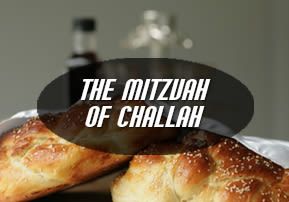
The Mitzvah of Challah
The Mitzvah of Challah not only invokes blessings and abundance, it reminds us that Divine Providence not only controls the powers of nature, but always accompanies us...

“And the Lord spoke to Moses saying: Speak to the children of Israel and you shall say to them, when you arrive in the Land to which I am bringing you, and you eat from the bread of the Land, you shall set aside a gift for the Lord. The first portion of your dough, you shall separate a loaf for a gift; as in the case of the gift of the threshing floor, so shall you separate it. From the first portion of your dough you shall give a gift to the Lord for all generations.” (Numbers 15:17-21).
From the moment that the Jewish people entered the Land of Israel, they stopped eating the Manna (heavenly bread) which had sustained them in the desert. They began working the land, growing wheat, producing flour and baking bread. Although the work was difficult, it was blessed, and the Heavenly blessing that was evident in their work was much more meaningful to them than the free bread that they had eaten in the desert, the Manna.
The commandment of separating Challah is one that applies in the Land of Israel, as it says in the verse, “When you arrive in the land”. However, our Rabbis decreed this mitzvah to be observed outside of the Land of Israel as well, to ensure that it will never be forgotten. The mitzvah of Challah is one of the three mitzvot which were given to women – Challah, lighting the Shabbat candles and keeping the laws of Family Purity. (Men are also obligated to observe the mitzvah of challah, however it does pertain more to women).
* * *
There’s nothing like fresh homemade bread, especially Challah baked in honor of Shabbat. As the heavenly scent wafts through the home, it mingles with the scents of the delicious food cooking for Shabbat. We’ve sifted, mixed, kneaded, pronounced the blessing, braided, and placed the loaves in the oven. Yes, between all of the pots and pans, and all that we do in honor of the Shabbat – we are also tasked with the Mitzvah of separating the Challah.
The Holy One Blessed Be He commands us to remove a piece of the dough and consecrate it for Him in order to remind us that it isn’t our strengths and talents that enable us to succeed. We see time and again that ultimately the Challahs will look however Hashem wants them to look when they emerge from the oven. It’s only because of His blessing, which is present in everything, even in the bread which is the work of our own hands.
The Mitzvah of Challah helps us recognize another idea – it reminds us that the Divine Presence does not 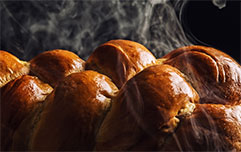 only control the powers of nature. When we recognize that the Divine Presence accompanies us even in our own kitchens, as we’re kneading our dough, then we merit to have blessing in all that we do. Therefore, we don’t take off Challah from the raw flour, but rather from the dough which we personally kneaded. In this way we reach the realization that indeed, God’s Divine Presence is present in every detail of our lives and in all that we do. We ask God to bestow His blessing on all that we do. Here, we have an amazing opportunity to bring God’s blessing not only on our handiwork, but into all areas of our lives.
only control the powers of nature. When we recognize that the Divine Presence accompanies us even in our own kitchens, as we’re kneading our dough, then we merit to have blessing in all that we do. Therefore, we don’t take off Challah from the raw flour, but rather from the dough which we personally kneaded. In this way we reach the realization that indeed, God’s Divine Presence is present in every detail of our lives and in all that we do. We ask God to bestow His blessing on all that we do. Here, we have an amazing opportunity to bring God’s blessing not only on our handiwork, but into all areas of our lives.
The Order of Separating Challah
One who makes a dough from one of the five grains (wheat, barley, rye, spelt, and oats) measuring 2.25 kilo or more (some authorities say 1.680 kilo), which is made with water and will be baked in the oven, needs to take off a piece of dough, recite a blessing over it and set it aside as Challah. The separated dough is then fully burnt, and wrapped in a bag before being placed in the garbage, so that it won’t be desecrated. This mitzvah protects a woman from any harsh decrees, and also provides protection specifically during childbirth. As well, the time spent while making the challah is a very special and auspicious time to pray, and therefore it is beneficial to pray at this time and to ask Gd for all of a person’s needs.
Challah Recipe:
Ingredients: 2 tablespoons salt, 2 kilos flour (sifted), 3 tablespoons active dry yeast, 6 tablespoons sugar, 6-7 cups warm water, ¾ cups oil.
For the topping: 1 beaten egg, sesame seeds or poppy seeds. (Note: the white flour can be substituted with whole wheat or spelt flour, just add water accordingly.)
Directions: In a large bowl, add the salt and then add 1.5 kilos of flour over it. Add the remaining ingredients. Knead for a couple of minutes until a dough forms, then form it into a big ball and place it back into the bowl. Cover with plastic wrap or a clean kitchen towel. Leave it to rise in a warm place for about an hour or until the dough approximately doubles in size.
Now separate the Challah. Recite the blessing:
“Blessed are You, Lord, our G-d, King of the Universe, Who has sanctified us with his Commandments and commanded us to separate challah.”
Take off a piece of the dough using the right hand (there are some who gather the dough from all four corners and then remove a piece), and say: “This is the challah”.
Since we don’t have the Holy Temple and true ritual purity, the challah offering cannot be given to or eaten by a Kohein, as it would be in the time of the Temple. Therefore, it is extremely important to dispose of the separated challah dough in a respectable manner. The preferred way is to burn it. Rather than burning it in the oven, take an empty tin can, put the challah in it, and burn it on the stove top. Then, discard the tin can with the burnt Challah. By tradition, the smoke from the burnt Challah is a spiritual air purifier for a home, cleansing it of impure spiritual forces.
Transfer the dough to a floured surface, divide it into equal parts and work with one part at a time. Braid the challahs in whichever shape you prefer, place in pans, cover and leave to rise in a warm place for about 40 minutes. Meanwhile, preheat the oven to medium heat.
When the challahs have risen, brush them with beaten egg and sprinkle with sesame or poppy seeds. Bake until golden, then remove from the oven. Remove from pans and leave challahs to cool.
Some recite this prayer after separating the challah:
“May it be Your Will, our G-d, that the commandment of separating challah be considered as if I had performed it with all its details and ramifications. May my elevation of the challah be comparable to the sacrifice that was offered on the altar, which was acceptable and pleasing. Just as giving the challah to the Kohein in former times served to atone for sins, so may it atone for mine, and make me like a person reborn without sins. May it enable me to observe the holy Sabbath (or Festival of…) with my husband (and our children) and to become imbued with its holiness. May the spiritual influence of the mitzvah of challah enable our children to be constantly sustained by the hands of the Holy One, blessed is He, with His abundant mercy, loving-kindness, and love. Consider the mitzvah of challah as if I have given the tithe. And just as I am fulfilling this mitzvah with all my heart, so may Your compassion be aroused to keep me from sorrow and pain, always. Amen.”
The Spiritual Aspect of the Ingredients:
As we place each ingredient into the bowl, we can focus on the spiritual aspect of it and pray:
Water: – The Torah is compared to water. Water brings everything to life. The water brings together all of the ingredient to form one cohesive dough, by creating harmony between each ingredient and joining them together. May it be the will of God that we merit to connect to the Torah every minute of our lives. And may it be His will that we merit to have unity among the Jewish nation, for the Torah is compared to water, and just as the water unites every ingredient of the challah, so too let there be unity and peace between us.
Yeast: The bubbling of the yeast can symbolizes happiness and enthusiasm. As well, it has the ability to make the dough rise. This can symbolize the Evil Inclination, which desires to inflate mankind, who is the crown jewel of creation, mainly through haughtiness. The Hebrew word for yeast is שֹמרים, which shares a root with the word שומרים, which means to guard. We can guard ourselves against negative character traits, and particularly against the bad trait of haughtiness, with the help of the positive trait of happiness. May it be God’s will that He preserve the Jewish Nation, and may He guard us from evil character traits and from the Evil Inclination, and may we merit to carefully watch every word that leaves our mouths, particularly from the sin of לשון הרע (evil speech). May God safeguard our health and may we merit joy and happiness…
Sugar: The sweetness of the sugar symbolizes love and affability, kindness and tenderness. May it be the will of God that we merit to act sweetly to everyone around us, and may we merit to have a “good eye” and use it to see only the good in everything that happens. And may it be the will of G-d that He grant us forgiveness and sweeten all harsh judgements for us.
Flour: Just as G-d gave us flour in order for us to elevate and improve it, so too we can elevate and improve the life He so graciously granted us. We can grow spiritually and sanctify our lives. Flour symbolizes the opportunity that we have to be partners in creation. As a woman sifts the flour, prepares the dough, recites the blessing and bakes the challah, she is developing the finished product, which is then used to provide life and strength to her family through her fulfillment of God’s commandment. May it be Your will, our God, that we merit to have knowledge and wisdom, and that we utilize them exclusively for the good. May we have the wisdom to choose true life, which You grant us through the path of Torah.
Salt: Salt must be measured precisely in order to limit its effect on the food. So too, all of our human tendencies should be used in appropriate measures. May it be Your will that we merit Divine help to guide our every characteristic to the “middle of the road” perfect balance. May we not deviate from the straight path and God forbid let us not transgress Your commandments.
Oil: The light of the oil represents the wisdom of the Torah, as well as holiness and kindness. Kings, priests and the Holy Vessels in the Holy Temple were all anointed with oil. The verse states: “For a commandment is a candle, and the Torah is light” (Proverbs, 6:23). May it be His will that G-d continuously shower His blessings upon us without any limits, and may we merit to see the Mashiach (Messiah) speedily in our days, Amen.
May it be Your will that every Jewish home be a worthy dwelling place for the Divine Presence, Amen!
Customs and segulot (actions which have a favorable spiritual influence in a particular area):
As we perform the mitzvah of separating the challah, it is a very auspicious time, spiritually and physically. Therefore there are various segulot associated with challah, such as:
*Separating challah as a segula for one who needs a salvation – forty women dedicate their prayers at the time of separating the challah to assist someone who needs salvation (healing, finding a marriage partner, having children, etc.).
*A segula for easy childbirth – the mitzvah of separating challah is a proven segula for an easy and peaceful childbirth. Some women have a custom of making challah a number of times during the ninth month of their pregnancy.
*A segula for livelihood – the Talmud states: “Because of the sin of not taking off challah, there is no blessing in the storage houses…and if they give (challah) they will be blessed” (Talmud, Tractate Shabbos, 32:b). From here we learn that the mitzvah of Challah helps bring the blessing of livelihood to the home.
*Some women have a custom of reciting Psalms and praying for those who need salvation.


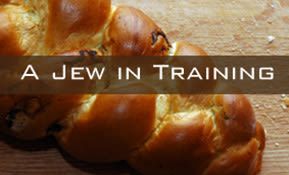
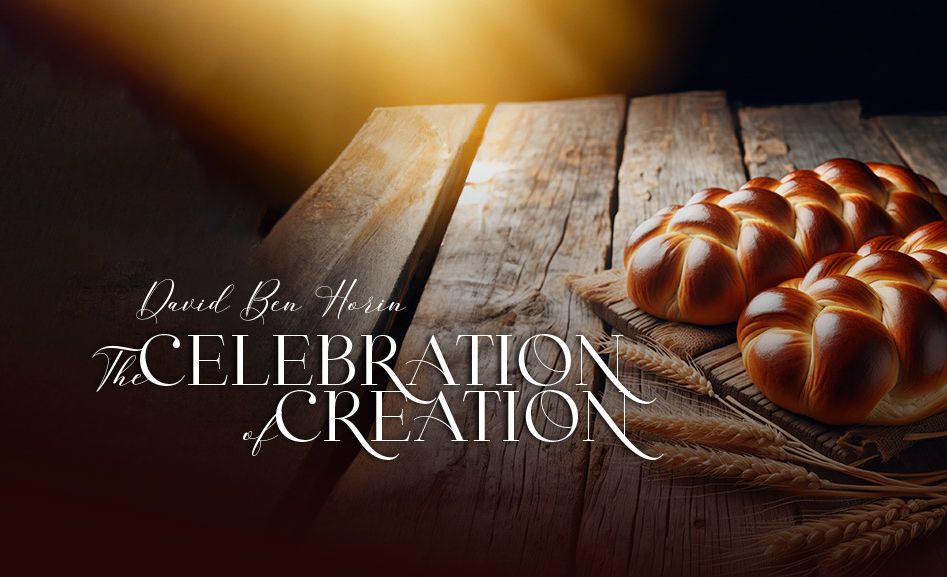
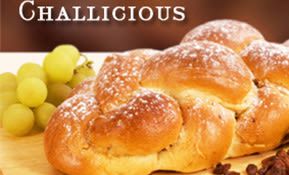
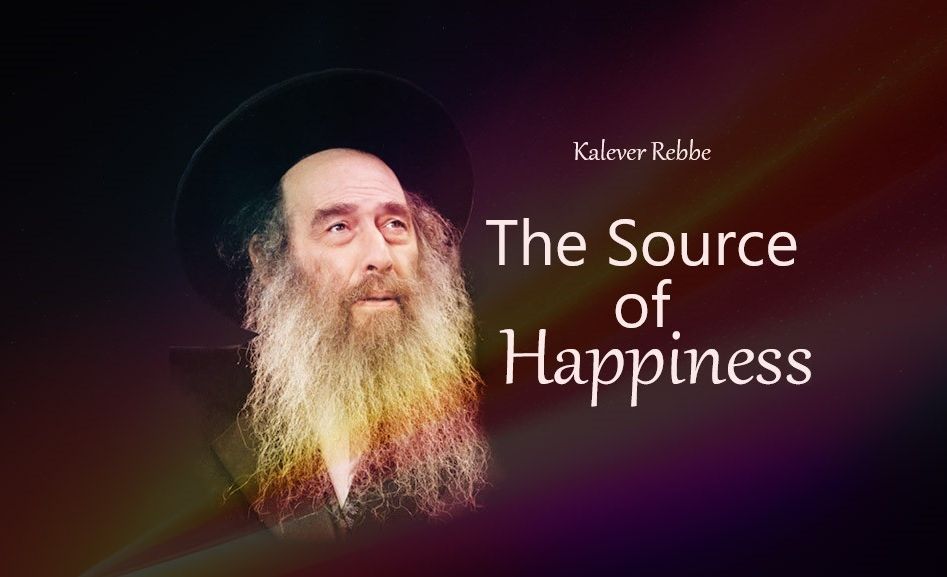
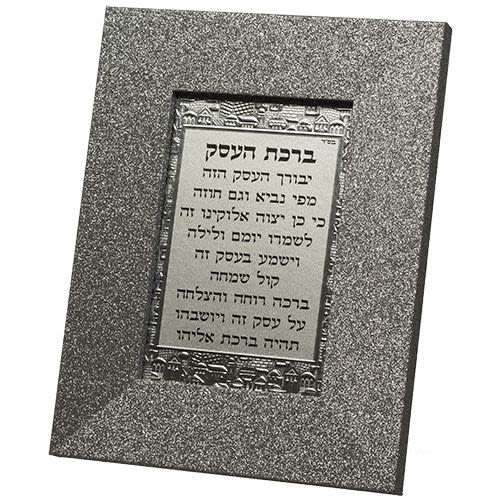
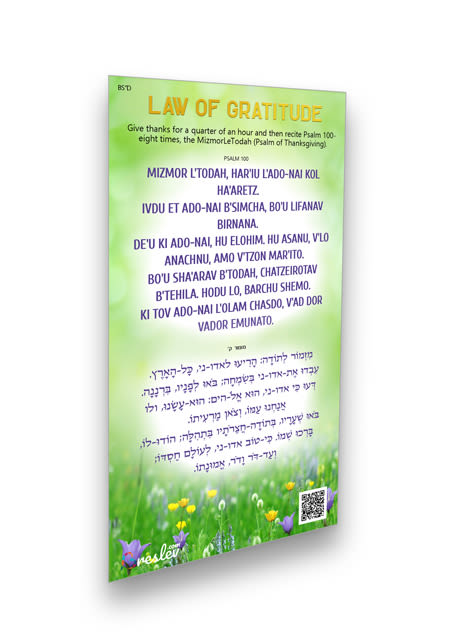
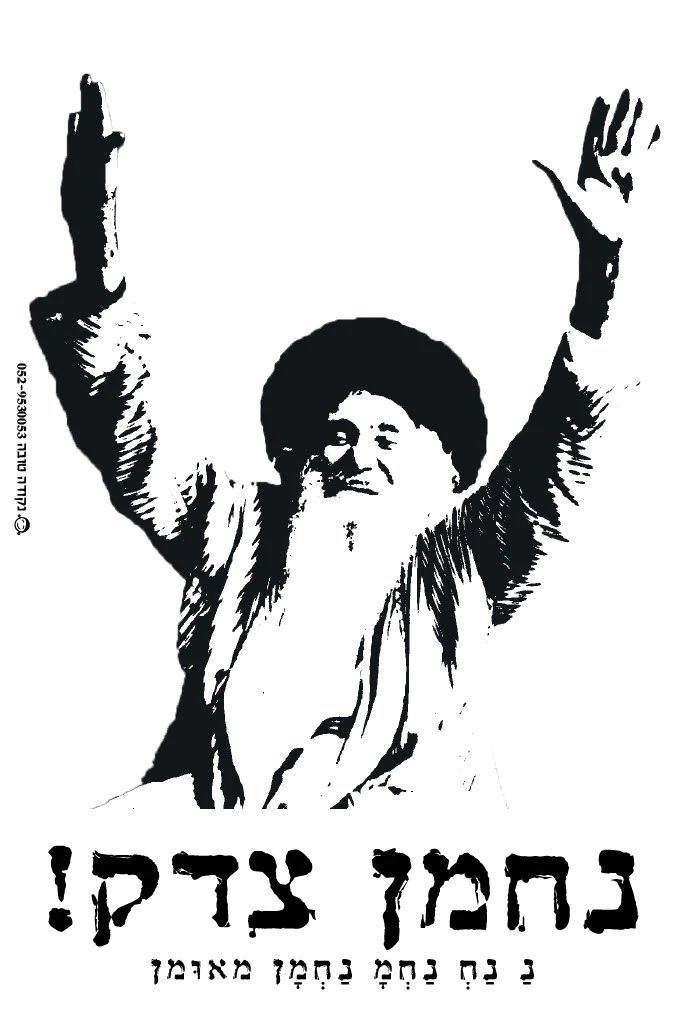

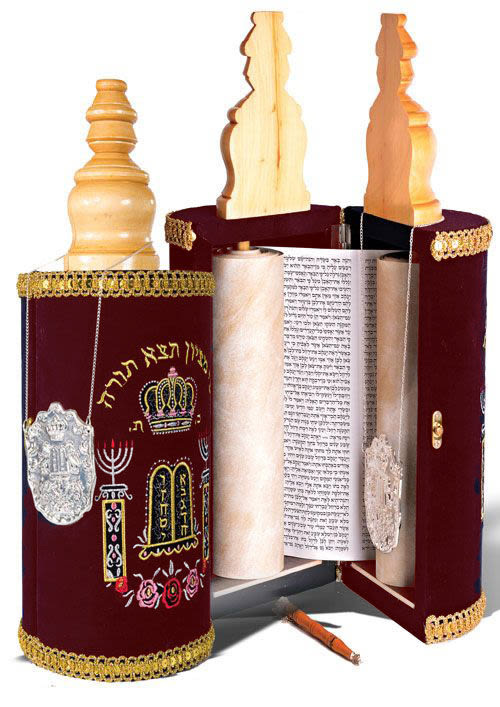
Tell us what you think!
Thank you for your comment!
It will be published after approval by the Editor.